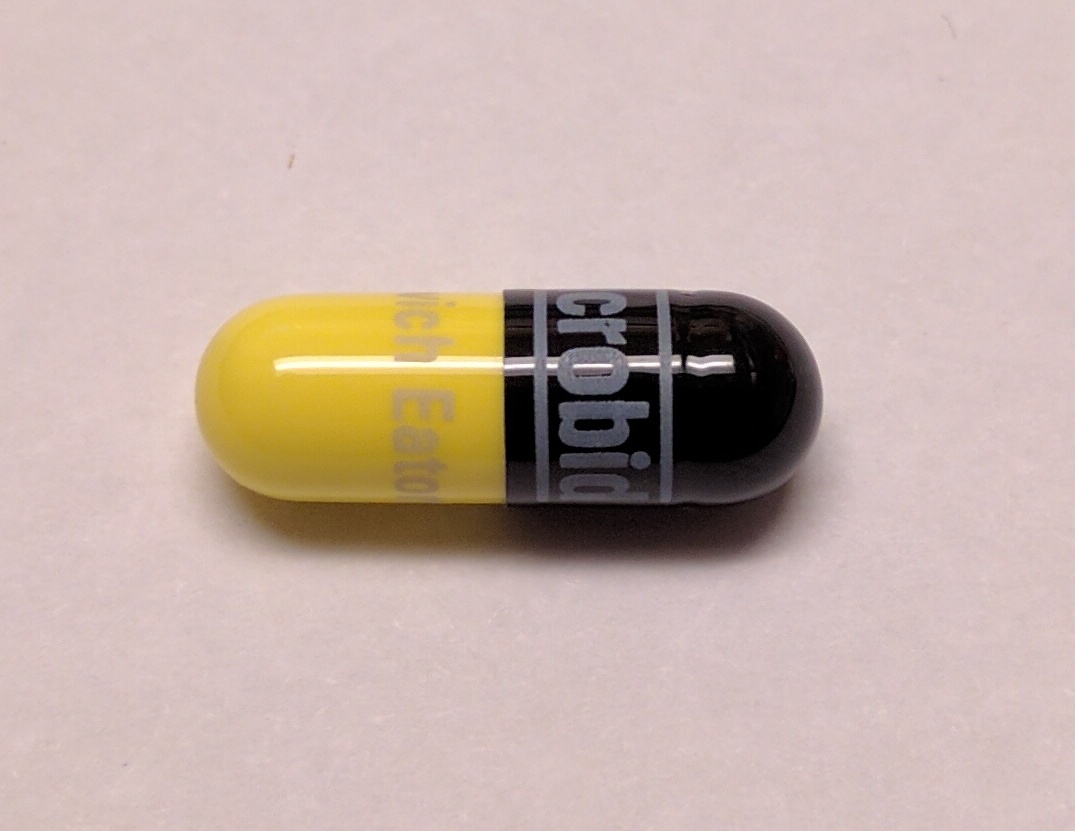| name | Nitrofurantoin |
| classification | Anti-infective (Urinary Tract Infections) |
| pharmacokinetics | | absorption | Rapidly absorbed from the gastrointestinal tract, but variable absorption. | | distribution | Distributed throughout the body, including the kidneys. Concentrates in urine. | | metabolism | Metabolized in the liver and kidneys to various inactive metabolites. Some metabolites may be active. | | excretion | Primarily excreted by the kidneys. Renal impairment significantly affects dosage and clearance. |
|
| suggested dosage | | notes | Dosage depends on the specific indication, renal function, and severity of the infection. Consult with a medical professional for appropriate dosage. | | adult general | Typically 100 mg orally every 6 hours, or 50-100mg every 4 hours. Higher doses (e.g., 100mg four times a day) may be needed for severe infections. This is not a substitution for proper doctor prescribed dosage. | | for adults 25 70kg | This dosage is a general guideline, not specific to an individual and requires appropriate medical assessment. Nitrofurantoin dosing often requires careful consideration of the patient's kidney function, and a doctor or pharmacist should be consulted. |
|
| indications | Treatment of uncomplicated urinary tract infections (UTIs), specifically lower UTI infections. Not effective for systemic infections or infections above the bladder. |
| safety in pregnancy | Generally considered safe for use during pregnancy, but use during specific trimesters or with certain conditions should be carefully discussed with a doctor. Possible risks exist if taken in large doses and for prolonged periods. |
| safety in breastfeeding | May be excreted in breast milk. Caution and consultation with a healthcare professional is advised. |
| side effects | | 1 | Nausea | | 2 | Vomiting | | 3 | Diarrhea | | 4 | Abdominal pain | | 5 | Headache | | 6 | Peripheral neuropathy (rare, but can be severe if prolonged use) | | 7 | Loss of appetite | | 8 | Metallic taste | | 9 | Dermatitis | | 10 | Allergic reactions (rash, hives, itching) | | 11 | Rare but serious complications such as: hemolytic anemia, agranulocytosis, hepatitis | | 12 | Increased risk of side effects in those with pre-existing renal problems |
|
| alternatives | |
| contraindications | | 1 | Known hypersensitivity to nitrofurantoin or other similar drugs | | 2 | Severe renal impairment | | 3 | History of serious side effects such as agranulocytosis related to this drug in the past. | | 4 | Use of certain other medications, requiring consultation with a healthcare professional |
|
| interactions | Can interact with several drugs, including some antibiotics and anti-coagulants. Consult with a doctor or pharmacist about any other medications you are taking before using nitrofurantoin. |
| warnings and precautions | | 1 | Close monitoring of renal function is recommended during treatment, particularly in individuals with pre-existing kidney disease. | | 2 | May cause discoloration of urine (brown or orange). | | 3 | Should not be used for systemic infections. | | 4 | Possibility of a delayed reaction (symptoms do not present for several weeks/months) to the drug exists | | 5 | Caution during pregnancy, breastfeeding, and other situations in which drug usage is a concern. Always consult a doctor. |
|
| additional informations | | 1 | May cause a specific form of visual disturbance called optic neuritis. | | 2 | May increase the risk of developing drug resistance. | | 3 | Do not consume alcohol while taking Nitrofurantoin |
|
| patient specific details | |

